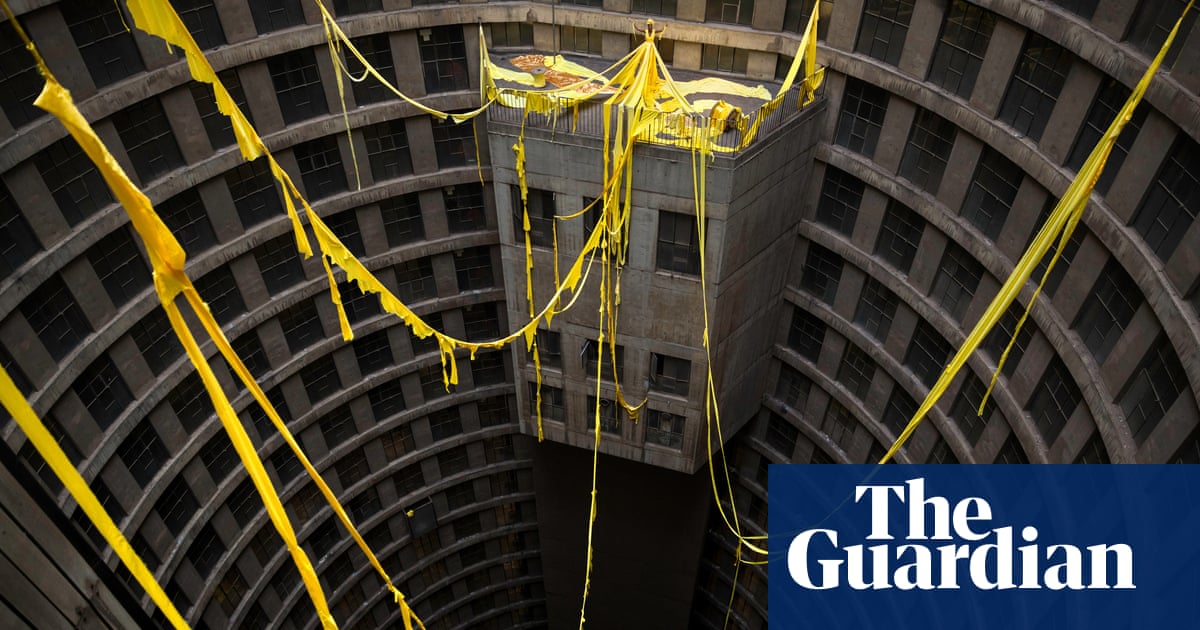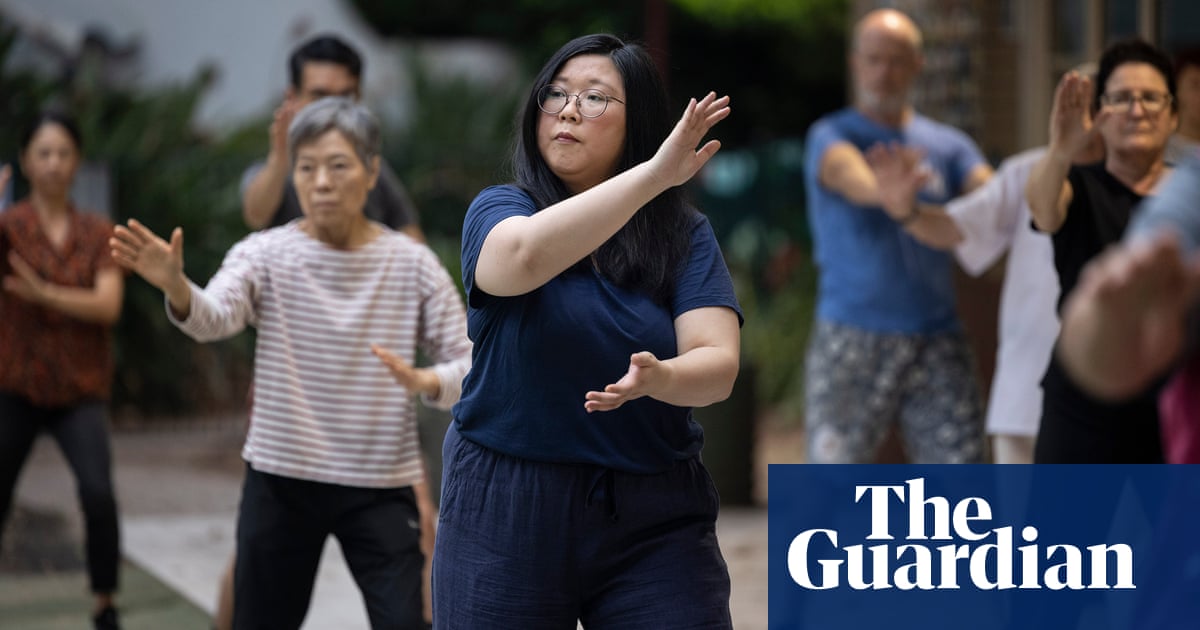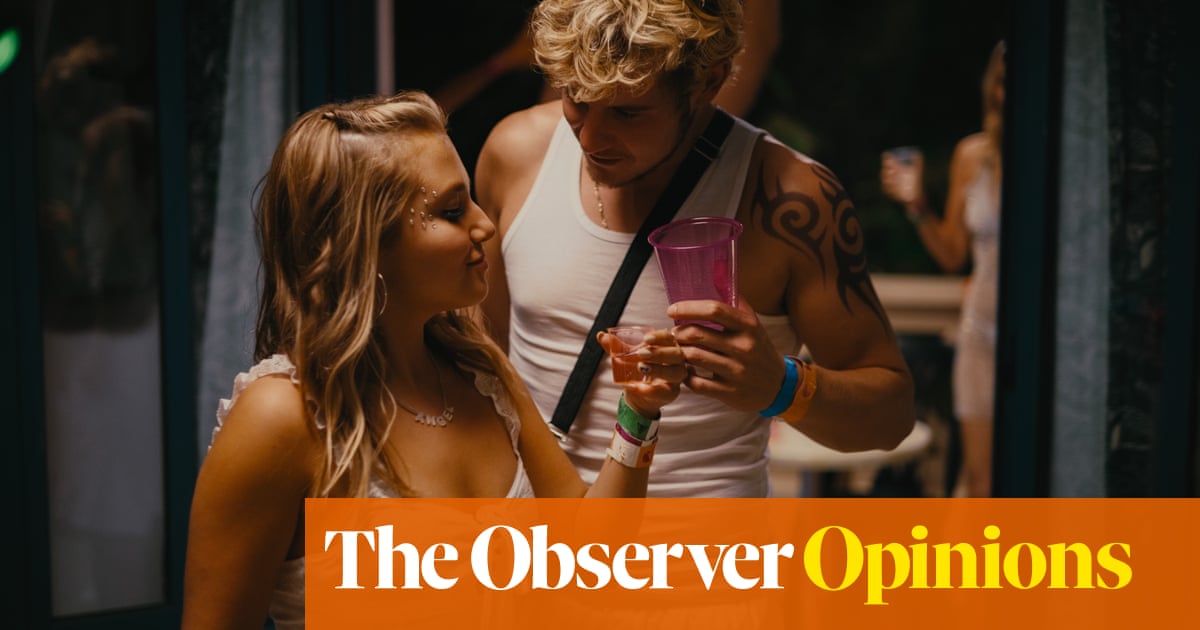
horeographer Ivan Blackstock was having a bad day when he got the call. It was from a director he’d worked with, Jenn Nkiru. “She said: ‘I know you’re busy, but I’ve got a little gig that came through, would you be interested?’” he recalls. Blackstock demurred and asked who it was. “She said: ‘It’s Beyoncé.’ And at that moment a tear rolled from my eye and it felt like things made sense. It felt like I’d landed.”
In his early days as a dancer, Blackstock, now 34, performed with plenty of big names – Kylie Minogue, the Pet Shop Boys, Dizzee Rascal – but Beyoncé is next-level stuff. Especially the gig in question, for the visual album Black Is King, which was released in July. In this companion piece to her soundtrack for the Lion King remake, Beyoncé reimagines Simba’s story as one of self-discovery and black pride in the riches of the African diaspora.
Black Is King was filmed across three continents, but you wouldn’t necessarily know there was a UK contingent, led by Nkiru (who hails from Peckham, like Blackstock). They made the video for the song Brown Skin Girl, an inspiring celebration of black beauty sung by Beyoncé and Nigerian singer Wizkid. Blackstock’s joy at being part of the project wasn’t even dampened by the fact he didn’t get to meet the singer herself (her scenes were cut in later). The experience was still clearly transformative for him and the dancers, including BBC Young Dancer winner Nafisah Baba. One of Beyoncé’s intentions for the film was to give a platform to new talent, and these are two of the young artists making the most of the opportunity.
When I speak to Blackstock and Baba, over Zoom, they’re still bubbling with excitement and pride. “In the past couple of years, Beyoncé has been really saying something, showing the black experience in many different ways: who we are and what we can be,” says Blackstock. “When I watched Black Is King, the whole film, I went to another plane of existence.”
“I watched it three or four times,” says Baba, who has been seeking an anchor in this summer of pandemic chaos and Black Lives Matter. “There’s been so much happening in the world. Last week I had a day where I was like: Who am I? What am I doing?! And I just put it on and it was like an affirmation. I think the impact of it is huge. Beyoncé is so powerful and it gave me power.”
Brown Skin Girl features Baba and her fellow dancers as debutantes in pastel ballgowns and long gloves, models of grace and deportment. “We see black excellence,” says Blackstock. “It felt very majestic on the shoot.” The story sees younger girls looking up admiringly at this parade of beautiful women, but Baba herself felt just as awestruck to be there. “I was looking around thinking, these artists are incredible, people I look up to on social media, that’s them! Like [dancer and model] Anna-Kay Gayle. She’s a queen. It was so eye-opening. I’m not always around so many black artists, so to be in a room full of so much magic ... it’s amazing, to feel there’s no limit where that can go, it was such an epic job.”
A dancer of sensitivity and focus, Baba, 24, recently featured in the film Our Bodies Back and Kate Prince’s Sting show Message in a Bottle. She started ballet at the age of three and is used to being the only dancer of colour in a room. “I feel like we all know how outdated the ballet world is,” she says. “Anna-Kay added me to a WhatsApp group for female black dancers in the UK and seeing the contacts list, as bad as it sounds, I didn’t even realise there were that many black artists in the UK. I was scrolling through and realising that I’m part of something bigger.”
It’s long been Blackstock’s mission to bring more underground artists into view. Coming from hip-hop and street dance, he co-founded BirdGang dance company and the street culture festival Crxss Platfxrm and he’s just become artistic director of 180 Studios, part of gallery space 180 The Strand. “I want to platform dance in many different ways and get it seen,” he says. Dancing since he was eight, Blackstock left school without any GCSEs but was booked for a job on MTV at 16 and followed his passion from there. “It hasn’t been an easy journey,” he says. “It’s been very much a state of survival for a long time.” He hasn’t always been able to access rehearsal space. “Sometimes I’m still dancing in the street. Still making work outside in the Olympic Park or hustling for space.” But he’s recently moved into a small studio in Leyton, east London, and wants to share the resource with others. “I want to use it for the community, get other artists in there, hot desking, have some podcasting facilities, space to dance, it’s really exciting.” It’s all about bringing other people up with him.
Blackstock’s next big project is Traplord of the Flyz (a working title), which has been five years in the making and is in the running for the Fedora prize. “It looks at mental health through the black male gaze,” he says. It’s going to be an unconventional piece, he tells me, with references to theology, philosophy, spirituality and transcendence, far from the stereotype of black male life we often see.
Understanding the multiplicity of lives around us, especially when it comes to the black experience, is essential to living in a more just society, Blackstock says, and we have to make an effort to seek out those stories. “Black artists have tried to communicate our pain and our experiences through our art and there’s tons of it out there if you look. We all need to do a bit more research.” Both Blackstock and Baba also talk about wanting to see more black artists in positions of influence, as executive producers and directors and on boards. “Not just making us visible on stage,” says Blackstock. “Or in the learning and engagement department, because ‘Young people like hip-hop don’t they?’”
The arts are, of course, in a dire place right now thanks to the pandemic, but Blackstock remains positive. “I think as artists we shouldn’t get discouraged,” he says. “There are a lot of templates, especially from hip-hop and street culture, where we find ways to do it anyway. I think if we sit here and wait we’re going to be waiting for a very long time,” he says. “Let’s find different ways of coming together and push our art. We need it more than ever now. We need that art to take us out of the darkness that a lot of us are in.”












